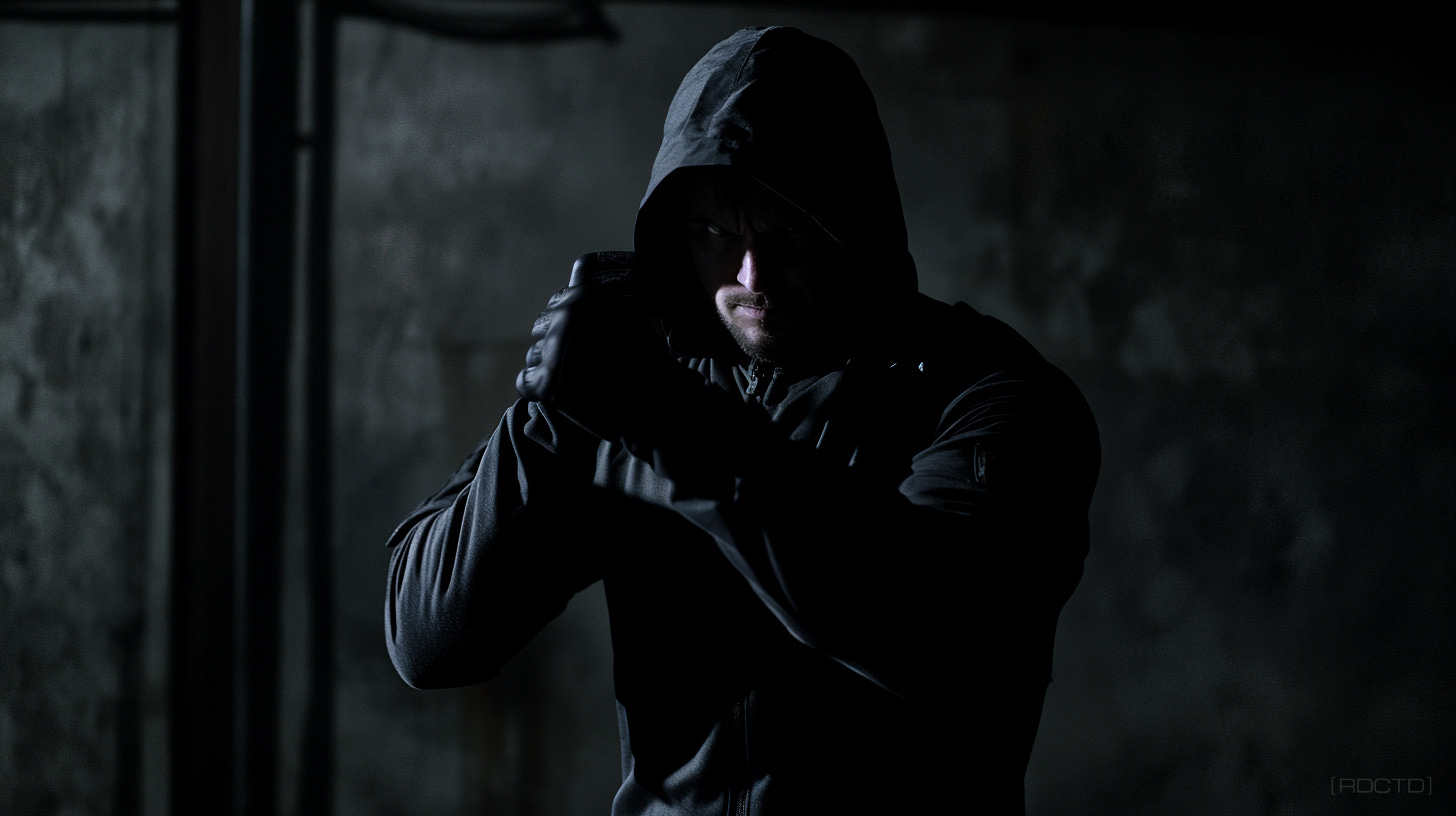Masking Your Weaknesses
Masking your weaknesses is a critical component of personal security, both in covert operations and in daily life. At its core, it’s about control - specifically, controlling what others perceive about you.
Power isn’t always in what you can do, it’s in what they don’t know you can’t.
In the field, any sign of weakness is a vector for exploitation. Whether it’s physical vulnerability, emotional instability, or lack of skill in a particular area, if your adversary identifies it, they’ll use it against you. Masking your weaknesses denies them that opportunity. It buys time, space, and advantage.
You’re not pretending to be invulnerable (that’s naïve and unsustainable), but you are managing exposure to risk by keeping potential liabilities hidden.
From an operational standpoint, masking weaknesses plays directly into deception and misdirection. Let’s say you’re weaker with firearms than with hand-to-hand. If your cover is compromised and the threat believes you’re armed and dangerous, they’ll plan accordingly - giving you an opportunity to redirect or neutralize the situation using your real strengths.
This principle also extends to social dynamics. If you let someone believe you’re emotionally affected when you’re not, or let them underestimate your intellectual capacity, you’ve already manipulated the battlespace. The less others know about what you can’t do, the more control you retain over any interaction.
On a psychological level, masking weaknesses prevents manipulation. People look for leverage, consciously or not. In everyday life, the co-worker who knows you get anxious before presentations might “accidentally” hand off a big pitch to you under pressure. The same pattern plays out in relationships, negotiations, even casual conversations.
In a room full of wolves, you don’t cry about your wounds… you walk like you’ve never bled.
By keeping vulnerabilities close to the chest, you deny others the ability to use them against you. This isn’t about being emotionally closed off, it’s about being strategic with disclosure. An operative doesn’t show their whole hand unless the mission demands it.
There’s also a practical resilience element to this. When you mask a weakness, you create space to improve it without external interference. If people aren’t aware you struggle with a skill or situation, they won’t rush in with unhelpful support, pity, or criticism. That quiet, protected time allows you to strengthen that weakness into a functional part of your toolkit.
Operatives constantly train their blind spots, but they don’t advertise them while doing so. Masking weakness is a buffer zone - it gives you time to recalibrate, adapt, and sharpen edges behind the curtain.
In a professional environment, masking weaknesses becomes a leadership tactic. Strong leaders are aware of their limitations, but they don’t broadcast them. That confidence (even if carefully managed) instills trust.
People follow those who appear composed and capable, especially under pressure. If you’re leading a team, either in an operation or in a business setting, revealing too much doubt or instability can ripple outward. It’s not about arrogance; it’s about controlled presence. You signal steadiness so others can stay focused and effective.
Strength is learned. Vulnerability is managed. But the mask, that’s crafted.
Masking weaknesses is an offensive tool. If everyone around you assumes you’re competent across the board, they’ll approach you with caution and respect. That means fewer challenges, less second-guessing, and more latitude in decision-making. You’ve shaped perception to your advantage.




